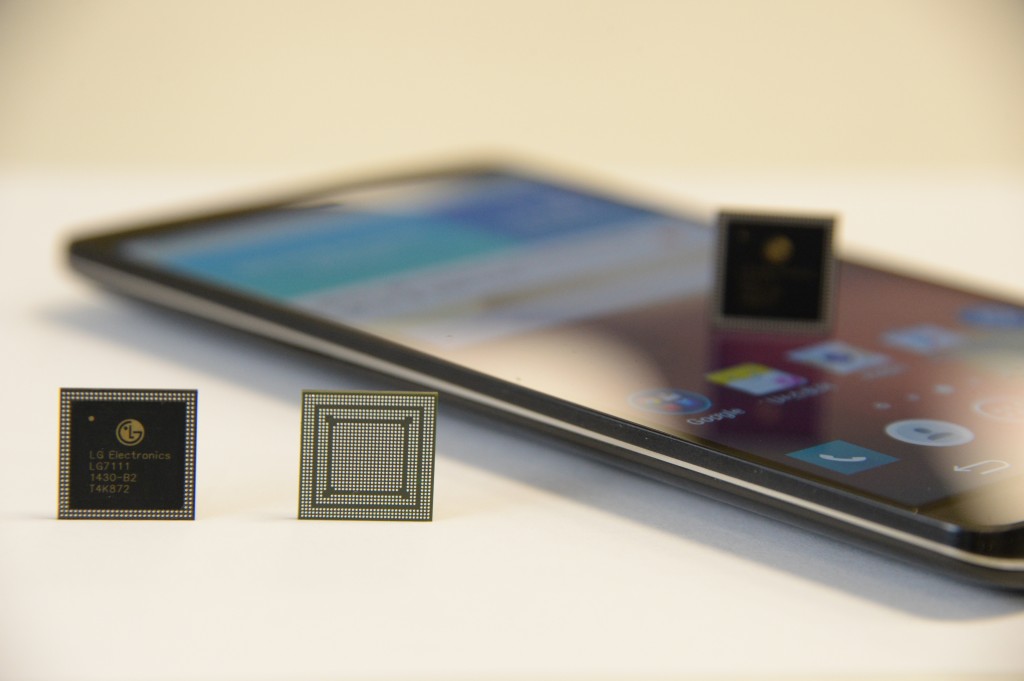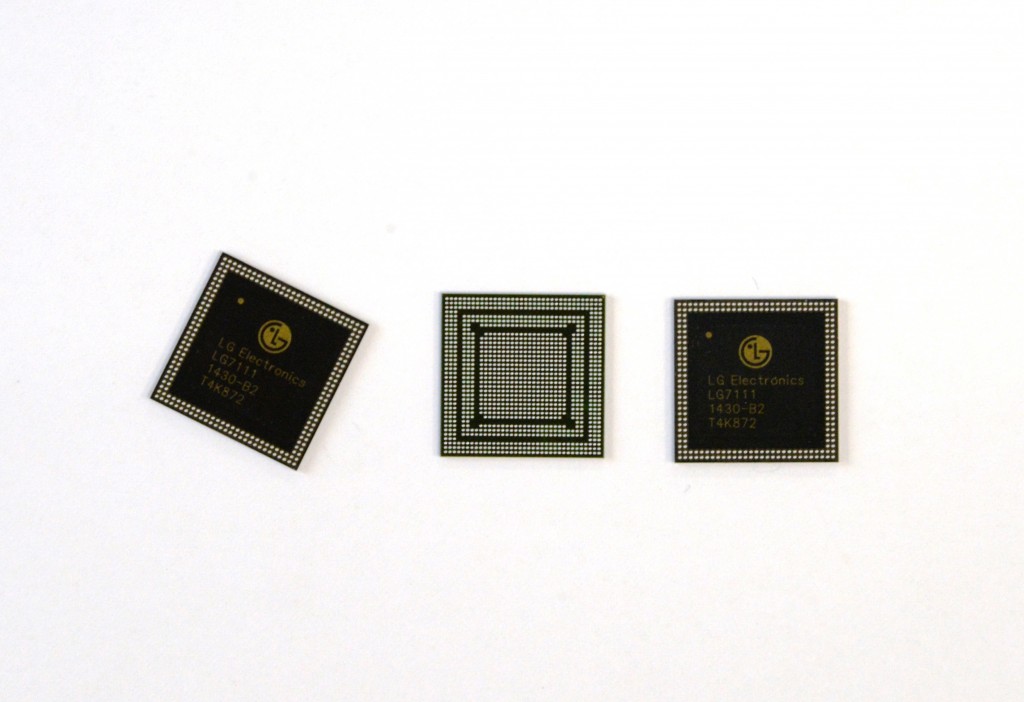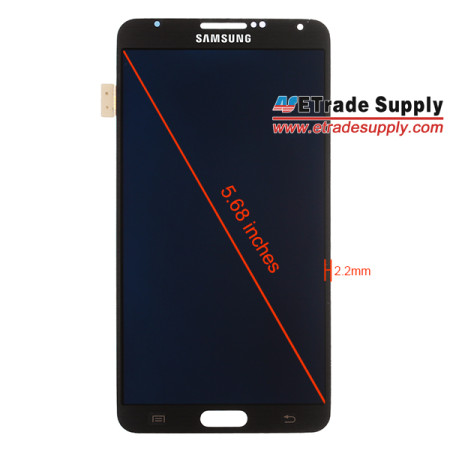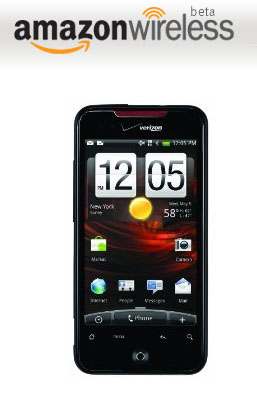Looks like LG had another announcement up their sleeves today. You might remember earlier in the day LG announced global availability of the LG G Watch R. Now they have announced a new phone that will follow in the G3 branding. To make things even a little more interesting, they also announced their own in-house processor packed inside too. First, the device. Meet the LG G3 Screen. Cause, it has a big screen?
The LG G3 Screen packs in the following specs:
- 5.9-inch Full HD IPS display
- 2GB of RAM
- 32GB of internal storage
- 13MP rear camera
- 2.1MP front camera
- 3,000 mAh battery
- Android 4.4
I left the processor off the list because it needs to be explained a little. The processor in the G3 Screen is an in-house creation by LG. THat just means that it is chip that LG has made instead of using a Qualcomm, Intel or what have you. The processor carries the name NUCLUN, pronounced NOO-klun. The NUCLUN is designed based on the ARM big.LITTLE technology. Odd sounding and looking, right? That is how it is though. The processor is an octa-core chipset that carries four 1.5GHz ARM Cortex A15 processors for high-performance and four 1.2GHz ARM Cortex-A7’s for less intense processing.
“NUCLUN opens up a new chapter in LG’s history of innovation in the mobile industry,” said Dr. Jong-seok Park, president and CEO of LG Electronics Mobile Communications Company. “With this in-house solution, we will be able to achieve better vertical integration and further diversity our product strategy against stronger competition. NUCLUN will give us greater flexibility in our mobile strategy going forward.”
The LG G3 Screen will carry along a lot of the same UX features of the current G3 devices on the market. As an added bounus to the news though, the G3 Screen is the largest smartphone designed for LTE-A Cat. 6 networks. That will deliver download speeds three times faster than regular 4G LTE. All capable, but theoretical, speeds of 225Mbps. That is all well and good, but now we are intrigued to see when and where this device ends up and just how well those processors perform in the real world.
Source: LG











